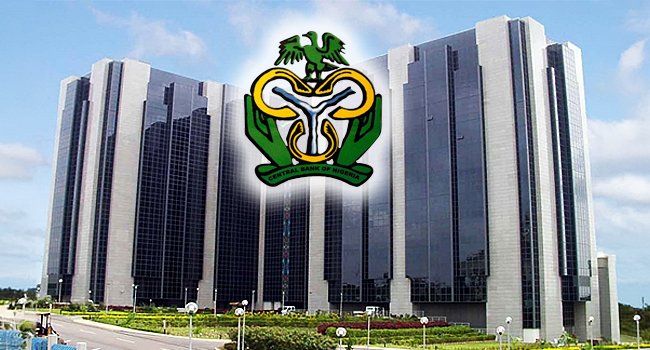A FRESH WAVE OF scrutiny has emerged following the Central Bank of Nigeria’s (CBN) latest directive requiring banks and financial institutions to publish details of dormant accounts online.
The Explainer gathered that the move, outlined in a circular signed by Michael Akuka, Director of the Financial Policy and Regulation Department, has drawn mixed reactions from stakeholders, particularly regarding privacy concerns and financial accountability.
The circular, dated 17 February, mandates that banks disclose specific details of dormant accounts—defined as accounts inactive for at least one year—on their websites. These details include the names of account holders, account types, and the branches where the accounts are domiciled. The same requirement applies to other financial institutions (OFIs) without websites, which must publish the information on their industry association’s websites. Additionally, banks must publish these details in at least two national newspapers annually.
The Explainer learned that the directive is an extension of the Guidelines on the Management of Dormant Accounts, Unclaimed Balances, and Other Financial Assets in Banks and Other Financial Institutions in Nigeria 2024. The CBN maintains that the move is aimed at improving transparency and ensuring unclaimed funds are properly managed.
However, some experts have expressed concerns about potential breaches of the Nigeria Data Protection Act 2023 (NDPA). While the NDPA is designed to safeguard personal data, CBN insists that its directive aligns with legal provisions. The regulator cites Section 25 (b) of the NDPA, which permits justified deviations from data protection principles, and Section 72 (i) of the Banks and Other Financial Institutions Act, which grants the CBN authority to issue guidelines on unclaimed funds.
A senior banking executive, who spoke to The Explainer on condition of anonymity, acknowledged the policy’s intent but highlighted its possible implications.
“Transparency is crucial, but public disclosure of dormant account details raises valid concerns about privacy and data security. There needs to be a balance between financial accountability and protecting customers’ sensitive information,” he said.
READ ALSO: Murder Suspects in Anambra Lawmaker’s Killing Escape from Police Custody
The Explainer gathered that individuals with dormant accounts may see their details publicly accessible unless they reactivate their accounts or claim their balances before publication. Banks are required to provide mechanisms for account holders to reclaim funds before making the information public.
“Information to be published annually in at least two national daily newspapers or at the premises of state and unit microfinance banks shall also convey the details as listed above,” the CBN stated in its directive.
This is not the first time the apex bank has taken steps to regulate unclaimed balances. The Explainer recalled that in July 2024, the CBN directed banks to transfer unclaimed balances and dormant funds to the apex bank’s designated accounts. The new directive builds on that policy by introducing a public disclosure component.






















